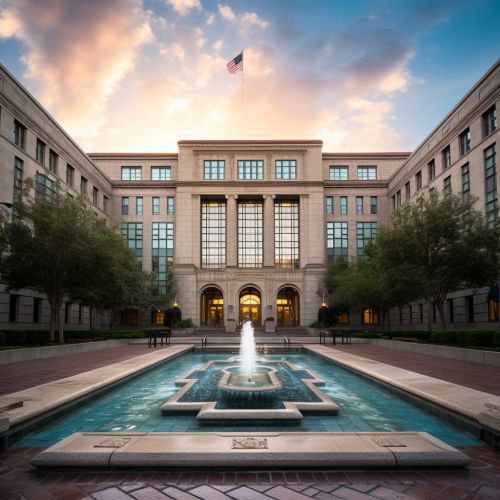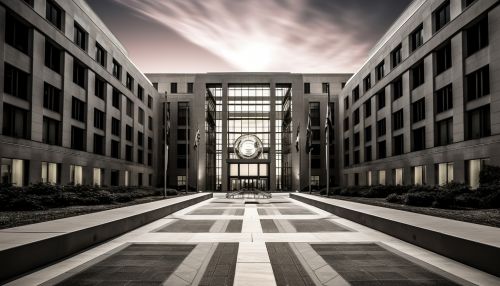United States federal courts
Overview
The United States federal courts are the system of courts organized under the United States Constitution and federal law. These courts are separate from state and local courts and operate within a complex hierarchy to interpret and apply the law. The federal courts have jurisdiction over cases involving federal laws, the Constitution, and disputes involving states or foreign governments.
Structure
The federal court system is divided into three levels: the district courts, the circuit courts, and the Supreme Court.
District Courts
District courts are the trial courts of the federal system. They are the courts of first instance for federal cases, meaning they are where federal cases are initially tried and decided. There are 94 district courts in the United States, each covering a specific geographic area. District courts have jurisdiction over a wide range of cases, including both civil and criminal matters.


Circuit Courts
The circuit courts, also known as courts of appeals, are the intermediate appellate courts in the federal system. There are 13 circuit courts in the United States, each covering a group of district courts. Circuit courts review decisions made by district courts within their circuit and have the power to affirm, reverse, or modify those decisions.
Supreme Court
The Supreme Court is the highest court in the federal system. It has the final say on all cases that come before it, and its decisions are binding on all other courts. The Supreme Court primarily hears cases on appeal from lower courts, but it also has original jurisdiction over a small number of cases.
Jurisdiction
Federal courts have jurisdiction over cases involving federal laws, the Constitution, and disputes involving states or foreign governments. This includes cases involving federal crimes, constitutional challenges to federal laws, and disputes between states. Federal courts also have jurisdiction over cases involving diversity of citizenship, which are cases between citizens of different states or between a citizen and a foreign government.
Judges
Federal judges are appointed by the President and confirmed by the Senate. Once appointed, federal judges serve for life, unless they resign, retire, or are removed from office. This lifetime appointment is intended to ensure the independence of the judiciary.
Procedure
Federal court proceedings are governed by the Federal Rules of Civil Procedure and the Federal Rules of Criminal Procedure. These rules set out the procedures for filing lawsuits, conducting trials, and appealing decisions in federal courts.
Impact
Decisions made by federal courts have a significant impact on American law and society. These decisions can interpret the Constitution, strike down federal or state laws, and resolve disputes between states or foreign governments.
